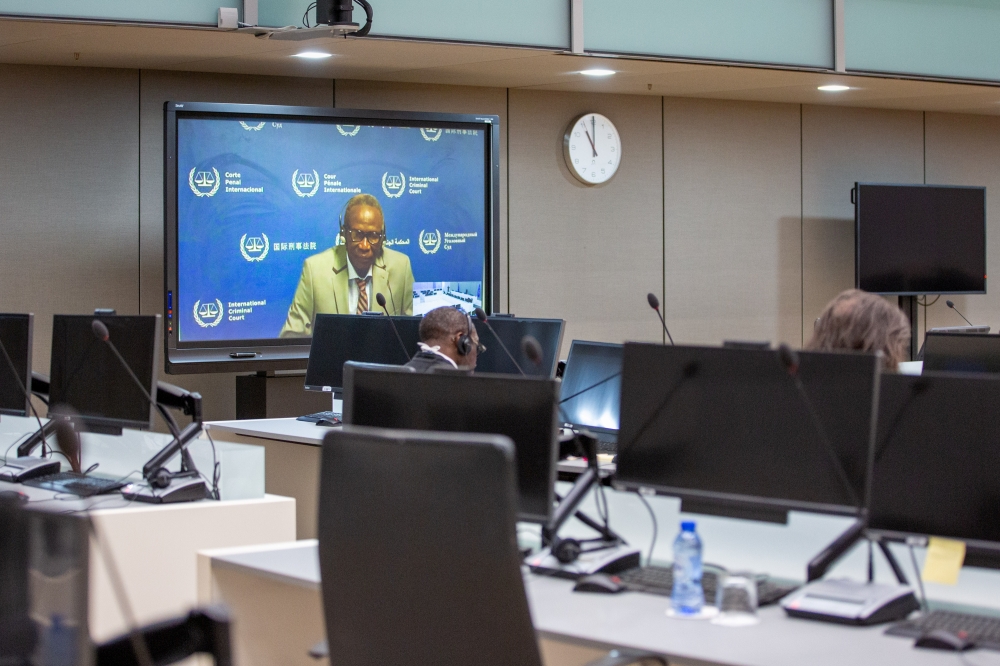The first ICC trial on Darfur crimes

On 5 April 2022, the trial of Ali Muhammad Ali Abd-Al-Rahman (also known as Ali Kosheib) started before the International Criminal Court. It bears a significant value as it is the first time a leader can be held accountable for serious crimes allegedly committed in Darfur. It is also the first ICC trial related to the crimes committed by state forces and allied militias in Darfur. Even though Sudan is not a party to the ICC, the Court opened an investigation on Darfur crimes in 2005. The investigation followed the UN Security Council Resolution 1593, in which the Security Council, under article 16 of the Rome Statute, referred the situation in Darfur to the ICC. It was the first time such a referral took place.
The trial started with a reading of the charges and opening statements from the Office of the Prosecutor and then the Defense. Videos and radio programs were streamed on Radio Dabanga in Darfur, radio and TV stations based in Sudan and those accessible to refugees in eastern Chad. Based on the system of victim participation created by the ICC, the victims, through their legal representatives, will also have an opportunity to share their concerns with the judges.
Ali Muhammad Ali Abd-Al-Rahman is believed to have been the principal leader of the Militia/Janjaweed in the Wadi Salih and Mukjar Localities, West Darfur State, Sudan, between at least August 2003 and at least April 2004. He is implicated as a key figure in attacks on villages around Mukjar, Bindisi, and Garsilain in 2003-2004 and in deadly attacks on ethnic Salamat communities in Central Darfur in April 2013.
The defendant is charged with 31 counts of war crimes and crimes against humanity. The penalties Kosheib is facing, if convicted, are imprisonment for a maximum term of 30 years or for life. He may also be ordered to pay compensation to the victims of the crimes.
For the investigations regarding Darfur, four more cases remain open with the accused at large, including the former Sudanese president, Omar Al Bashir.
According to many organizations, including Amnesty International and Human Rights Watch, the Janjaweed militia participated in a systematic campaign of ‘ethnic cleansing’ in early 2003, during the armed conflict between the government and rebel groups. The campaign targeted civilians from African Fur, Masalit, and Zaghawa ethnic groups. More than 2 million people were killed, raped and forcibly displaced.

